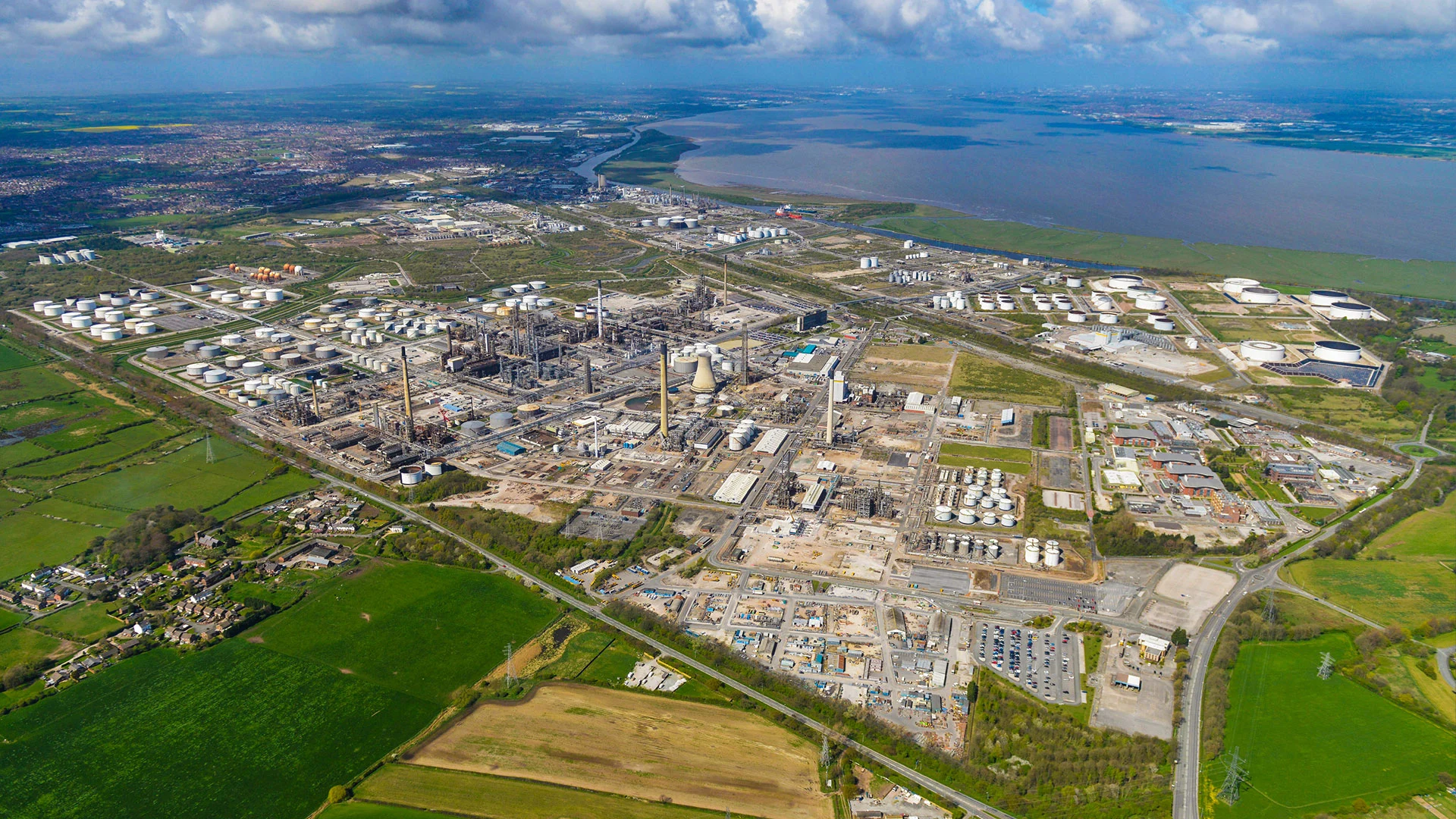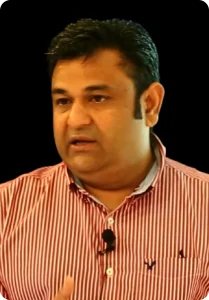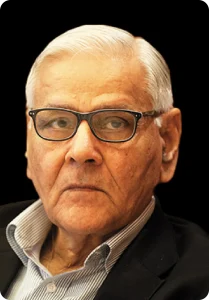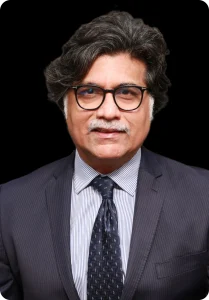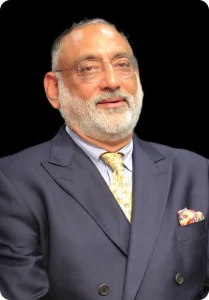Ruia’s-owned Essar Oil UK will invest $3.6 billion into a range of energy-efficiency and carbon-capture initiatives over the next four to five years. This will enable the company to decarbonise its production processes by 2030, chief executive officer Deepak Maheshwari said.
“Our focus is to decarbonise all the production processes,” he said. Of the $3.6 billion, $2.4 billion will be invested at its site in Stanlow, between Liverpool and Manchester in the UK, and $1.2 billion in India.
The investment, he said, will come from the company’s own cash flows, a mix of debt and equity, and the UK Government’s subsidy for low-carbon initiatives which is termed as ‘contracts for difference’.
Essar had in February announced the launch of Essar Energy Transition, an initiative to create an energy transition hub in Northwest England.
“We see ourselves in a very unique position…by the time all Government approvals are received, we would have implemented at least two of our hydrogen projects. We would have implemented our industrial carbon-capture project and also changed our furnaces to hydrogen base,” said Maheshwari, adding that the company plans to reduce 75% of its CO2 emissions by 2030.
Essar’s energy transition strategy is based on five principles: running the core Stanlow refining processes as efficiently and safely as possible; decarbonising Stanlow’s operations; building a hydrogen future through the launch of Vertex Hydrogen and as a key part of the HyNet consortium; developing green fuels (including sustainable aviation fuels); and establishing the UK’s largest biofuels storage facility through Stanlow Terminals. The company is building a £360 million carbon-capture plant at its Stanlow refinery.
“We have an advantage that we have a depleted oil field which is close by. And so it is easier for us to sequester the CO2 which others may not have. So, once we do that, then we will be in a unique position as well to produce fuels which are low-carbon production and hydrogen-based processes being used in the development of fossil fuels,” said Maheshwari.
Kent plc has been awarded a preliminary front-end engineering and design contract to develop the facility that will take the CO2 emitted from one of Europe’s largest full-residue fluidised catalytic cracking units, located at the Stanlow refinery.
Once complete in 2027, the plant will eliminate an estimated 0.81 million tonnes of CO2 per year — the equivalent of taking 4,00,000 cars off the road, eliminating nearly 40% of all Stanlow emissions.
“No other refinery in the UK is currently in a position to have the same changes in their production processes,” said Maheshwari.

